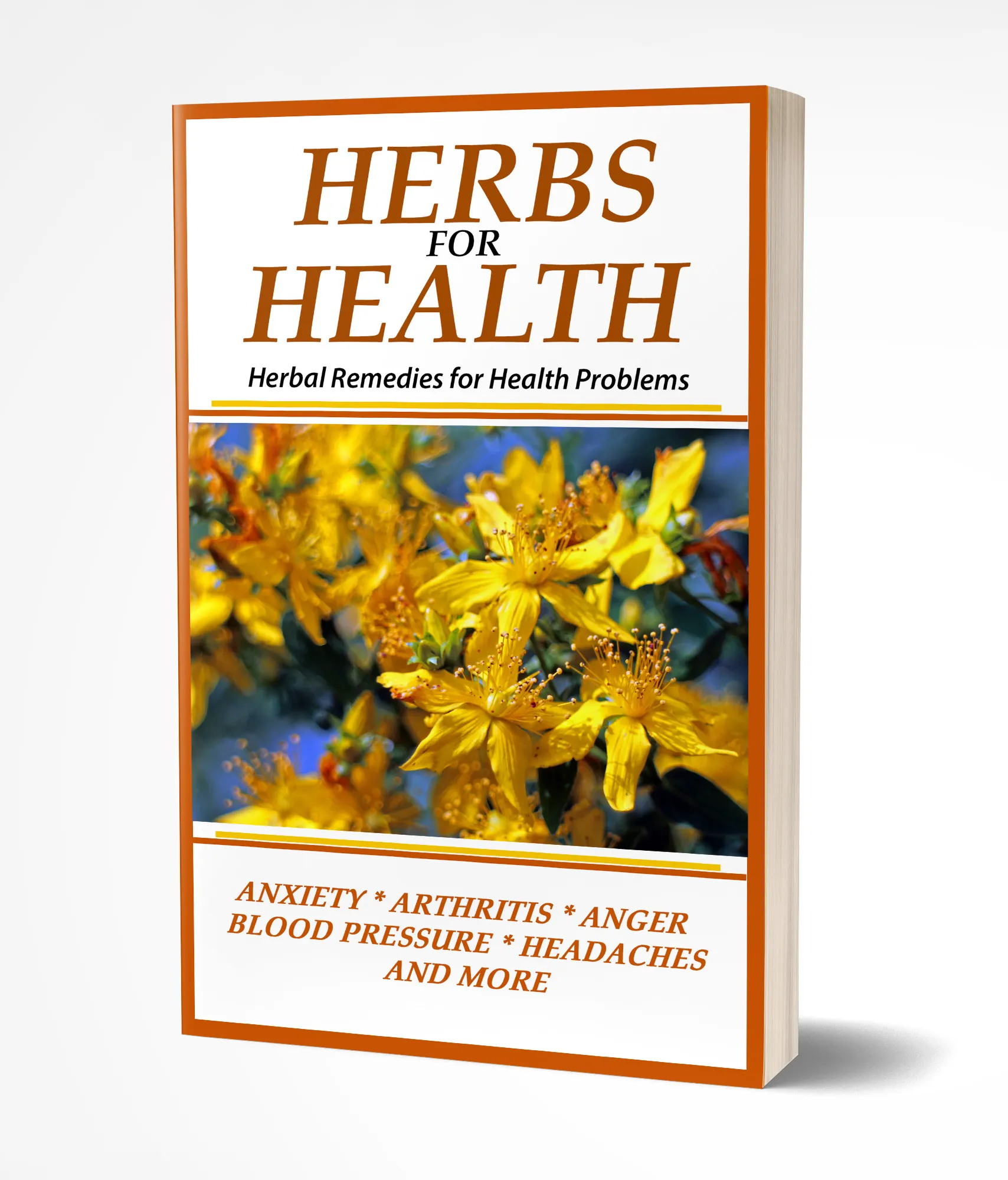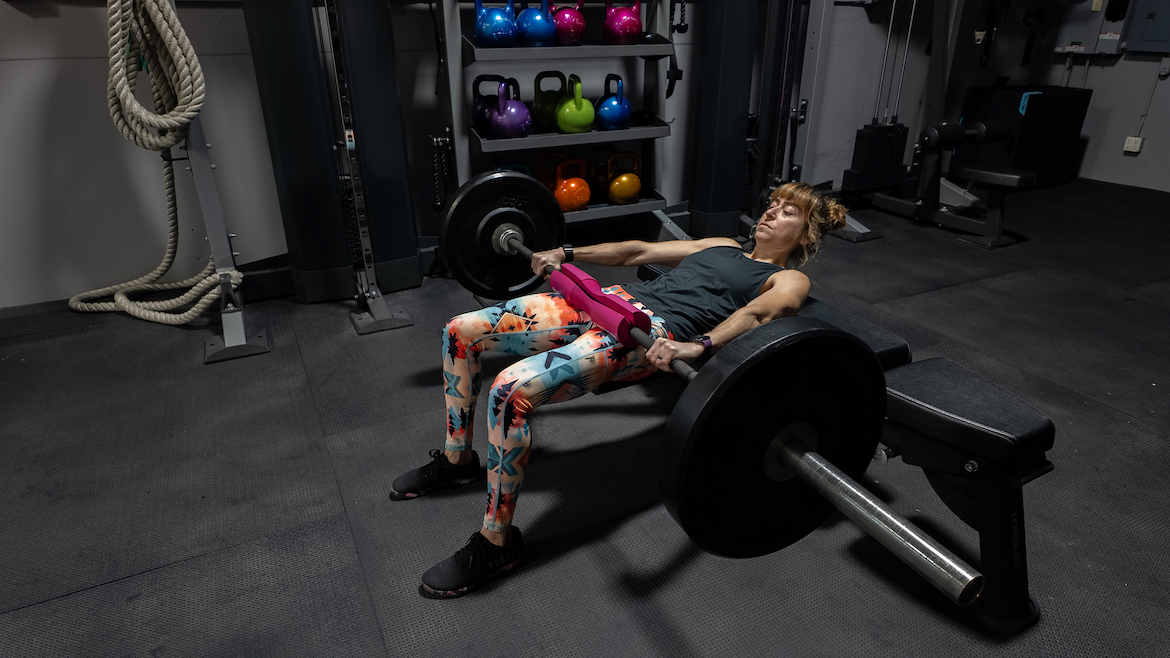When you wake up with the sun shining and birds chirping (and maybe the jackhammer on the construction project across the street revving aggressively), the last thing you want when you roll over is to feel like your muscles have fused together over night. Yet so many of us wake up with stiff muscles and sore joints. Fortunately, there are a lot of strategies to mitigate that Tin-Man-with-no-oil feeling. Lions, tigers, and bears may make you say, “Oh my!” but a stiff body shouldn’t fill you with dread.
In a new video for our Trainer of the Month Club, Winnie Yu, DPT, a New York–based physical therapist who focuses on the connection between mental health and fitness, demonstrates a 15-minute morning stretch routine that moves through gentle full-body dynamic stretches and a few core stability moves to start loosening up your muscles and joints and getting your blood flowing.
The best part? You don’t even need to get out of bed if you don’t want to. “You can do it from the comforts of your bed, your couch, your living room rug, virtually anywhere,” says Dr. Yu.
The routine starts on your hands and knees in a position similar to yoga’s child’s pose. In just under 15 minutes, you’ll get a great mix of upper- and lower-body stretches to open up your hips, shoulders, and back, and then you’ll end with a couple moves to fire up your core.
Depending on how your body feels, you can modify this 15-minute morning stretch to go slower or sink more deeply into the positions, or choose more dynamic movement to get your blood flowing; the number of reps you do is up to you and what kind of movement session you’re looking for. Though Dr. Yu says she typically prefers taking the more dynamic route in the morning. “Waking up after a long night of sleep…you spend a lot of time in just a static position so dynamic stretches are a great way to bring more blood flow to those muscles and lubrication to those joints to start the day,” she says.
But most important is to only go as far as feels good. “We want every repetition to get a little bit deeper into the range without pinching, cramping or even sharp pains,” says Dr. Yu. How far that is might differ from one side of your body to the other—which is perfectly normal, she adds.
If there are particular areas that you struggle with, feel free to pause the video and repeat certain exercises that hit the exact spot that needs a little extra grease. Soon, you’ll be skipping down that yellow brick road (or speed racing for coffee, if you’re anything like me) with no hitch in your get-along.
Flash News
Empowering you to live a fit and healthy life







